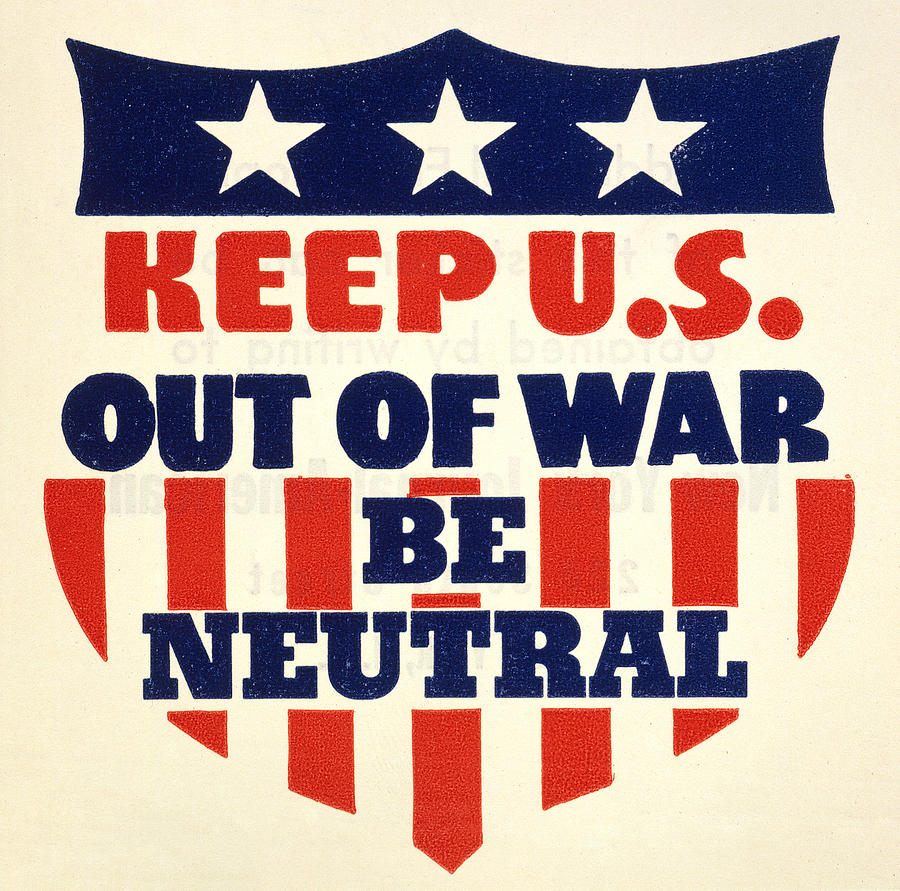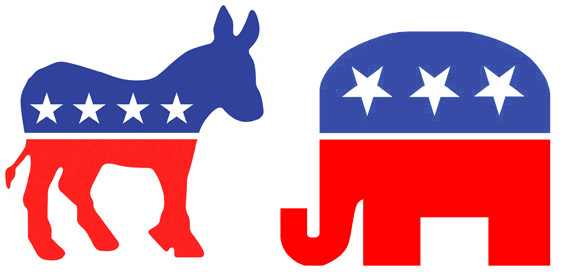LAD #25: Dawes Act
The Dawes Act is split into eleven sections and it was made to allow Indians to own individual plots of land and for them to have the the same property rights as Americans. In Section 1, it gives the President the power to allot land to Indians based on a series of guidelines, to improve agriculture and grazing on the reservations. Section 2 states that the Indians can chose the plots of land they want, and it goes over the rules when two pick the same plot or when someone entitled to land does not choose a plot. Section 3 determines the who the agents are that oversee these procedures. Section 4 states that Indians that do not live on a reservation can apply the same guidelines to unclaimed land. Section 5 goes over how the land will be held by the government for the Indian and his heir for twenty five years, at which point the patent can essentially be renewed. It also discusses the nuances of the government re-purchasing the land from the Indians and forms of equitable payment. Section 6 states that the Indians are subject to the laws of the states they reside in, but also that they will be given equal protection under the law as U.S. citizens. Section 7 says that the Secretary of the Interior can do as he sees fit to fairly distribute land where irrigation affects it. Section 8 specifies which territories are not included. Section 9 states that the treasury allotted one hundred thousand dollars to the purchase of this land if the Indians choose at any point to sell it. Section 10 maintains the government's ability to sequester this land for railroads, telegraphs, etc. Finally, Section 11 states that this act does not stop the relocation of a certain tribe.
This reminded me of the Trail of Tears, the horrible relocation of the civilized five Indian tribes of the Southeast. This act shows some improvement in the treatment of Indians, but still shows the interference of the American government in the lives of the Indians.

















































